How To Recover Data From A Dead Hard Drive

I think there's an issue with my storage device, but I'm not sure
Start a free evaluationWhen a hard drive dies, all of your important files and data are suddenly inaccessible, and you may be worried that you've lost everything forever. Fortunately, in most cases, it is possible to recover data from a dead hard drive. However, how you’ll recover it and how much it will cost depends entirely on the damage and the amount of data on the drive.
Top Summary: It’s important to learn how a hard drive can be considered “dead” so you can avoid it and prolong the device’s lifespan. But, if it is already failing or if it’s dead, you can try to recover your files on your own.
How a hard drive becomes dead or damaged
There are many ways that a hard drive can become dead or damaged. The most common causes of hard drive failure are physical, electrical, logical, or firmware.
- Physical damage to the hard drive. If you drop the hard drive or get in touch with water, and fire damage. You can also diagnose physical damage by songs. When the head crash (clicking drive), heads are stuck on the platter (buzzing sound), and music is playing (stuck spindle).
- Electrical damage to the hard drive. When exposed to static electricity or in case of a power surge while plugged in can also damage your hard drive. Burnt, damaged, printed circuit board. Replacing and reprogramming the circuit board can solve this problem.
- Logical damage to the hard drive. This can happen if the file system on the hard drive becomes corrupt, or if a virus-infected it.
- Firmware damage to the hard drive. This can happen if the firmware on the hard drive becomes corrupt or damaged. Corrupt MBR (sector 0), bad index records, drive asking to be initialized or formatted and deleted or missing data are a few examples of firmware damage. It needs professional tools, as opening a drive outside of the clean room is most likely going to cause permanent damage.
How to restore the data from a corrupted, damaged, or dead hard drive
If you have a dead hard drive, there are a few things that you can do to repair it and recover the data. The solution depends entirely on what causes the damage.
Physical damage
Physical damage can damage, corrupt, or destroy the data on the hard drive, meaning it is dead. This can happen if the hard drive is dropped or otherwise physically damaged. In most cases, physical damage will require you to send your hard drive to a data recovery specialist.To avoid data loss in case you get a dead hard drive for any reason is to create regular backups.Solution: You'll need to send it to a professional data recovery service. These services specialize in recovering data from damaged hard drives, and they will recover your data if it is possible to do so.The price depends on how many data is on the hard drive. SalvageData offers free in-lab evaluation.
Logical damage
Logical damage means that the data on the hard drive is still intact, but the drive itself is not working properly. This can happen if the file system on the hard drive becomes corrupt, or if a virus-infected the hard drive. In most cases, you can fix a dead hard drive because of a logical issue with data recovery software.Solution: You can use data recovery software. These tools can often recover data from logically damaged hard drives. But you can also try the CheckDisk tool and System File Checker tool to fix damaged files. Scan the drive for viruses and malware as well. Use updated and trusted software.Use the CheckDisk toolStep 1: Right-click on the Start menu icon. Select Windows PowerShell (Admin) and click YES to open the tool.Step 2: Type chkdsk/f/r D:. Replace D: with the letter of your drive. Press Enter.Step 3: Check if your hard drive is still corrupted.

Fix Damaged Windows FilesHere you can use another built-in Windows tool, the System File Checker.You can access it the same way you did with CheckDisk. Only that now you’ll type: DISM.exe/online/cleanup-image/restorehealth. Next, type sfc/scannow.
Summary: Although you can restore the data from damaged and corrupted drives on your own, most of the time a dead hard drive requires professional help. In all cases, only try to perform the recovery process if you’re secure about it.
The chances of recovering data from a dead hard drive
The chances and success of data recovery from a dead hard drive are real, but they depend on the reason for the drive failure.If the problem is due to a corrupted file system or bad sectors, then you should be able to use data recovery software to recover your data. If the problem is due to physical damage or failed components, then you'll need to send your hard drive to a data recovery specialist.No matter what the cause of the problem is, if you can't access your data or are not sure of what to do, then you should contact a data recovery specialist. They will be able to give you a better idea of what's recoverable and how much it will cost.
Summary: Most of the time you can recover the data from a dead hard drive. Depending on the damage, you can do it on your own. But you can’t recover the device once it’s dead. Therefore, keep updated backups to make the data recovery easier and learn how to prevent the hard drive from failing.
How to prevent hard drive failure
There are a few things that you can do to prevent hard drive failure.
- Always keep a backup of your important data. This way, if you get a dead hard drive, you'll still have a copy of your data.
- Avoid physical damage to your hard drive. This includes dropping the hard drive or exposing it to overheating.
- Avoid electrical damage to your hard drive. This includes power surges and using the hard drive in an environment with high humidity.
- Use anti-virus and anti-malware software. This can prevent logical issues and avoid corruption of the file system.
Summary: As always, prevention is the best solution. Recovering dead hard drive data is possible, but not always successful. It starts with a backup and goes all the way to keep the hard drive clean and with the right temperature.
Related services
These are the most commonly requested data recovery services. At our headquarters' cleanroom lab, our certified engineers conduct a thorough review of any type of physical storage device, determining if there is logical or physical damage and carefully restoring all of the lost files.ces.
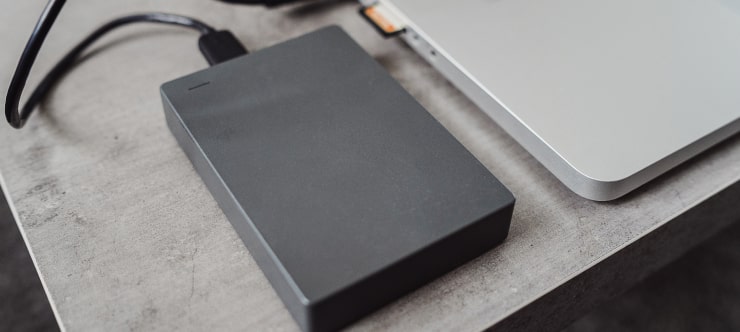
External Drive Data Recovery
We recover data from both external SSD and HDD drives. Rely on certified experts to restore your important files from damaged or corrupted external drives.
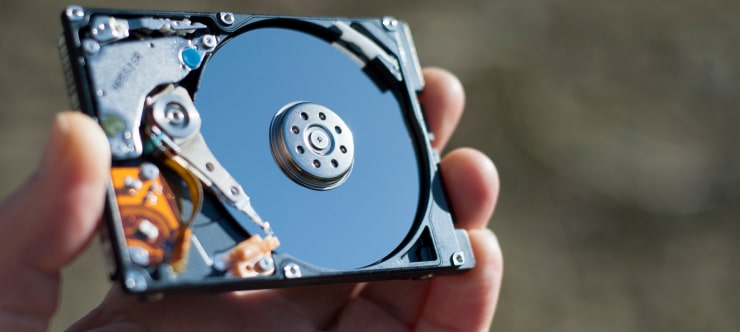
Hard Drive Data Recovery
Recover data from all brands of HDD, PC hard drives, and hybrid disks. Our specialists ensure fast and secure recovery for any data loss scenario.
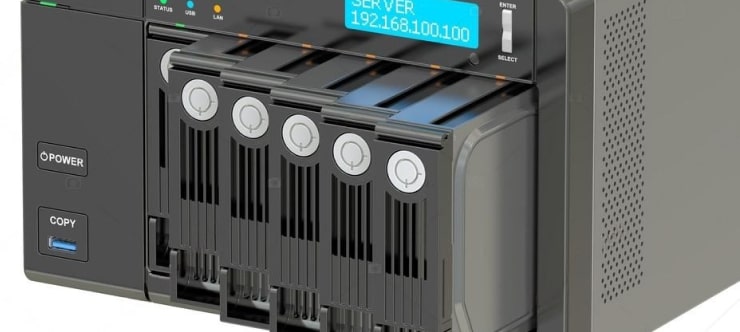
NAS Data Recovery
Recover data from NAS devices, including RAID configurations. Our team handles all types of NAS systems and ensures data recovery with minimal downtime.
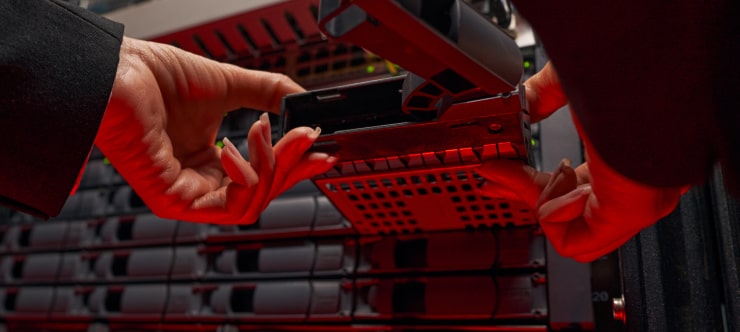
RAID Data Recovery
Our RAID data recovery services cover RAID 0, 1, 5, 10, and other configurations. We offer expert solutions for failed, degraded, or corrupted RAID arrays.
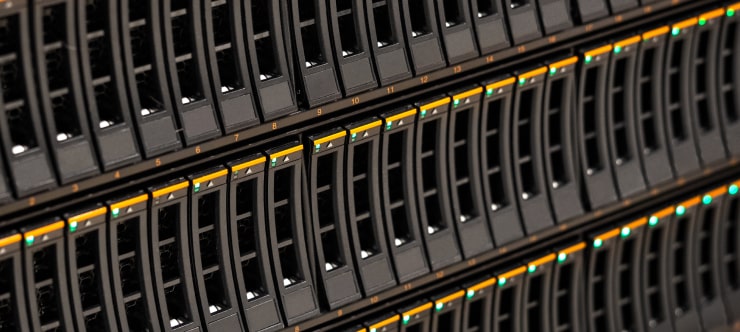
SAN Data Recovery
Our team specializes in handling SAN devices from leading manufacturers like Dell EMC, HP, and IBM, ensuring efficient recovery with minimal disruption to your operations.
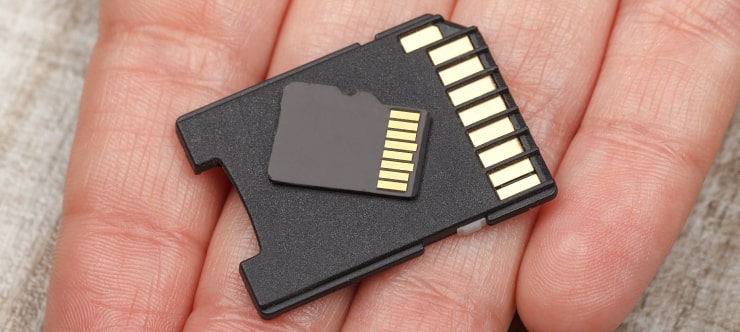
SD Card Data Recovery
Our recovery experts specialize in restoring data from SD and memory cards. We guarantee quick recovery with a no-data, no-charge policy.
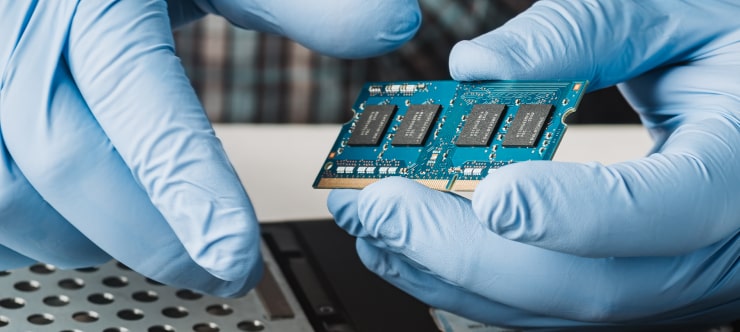
SSD Data Recovery
Our data recovery experts handle all SSD data loss scenarios with advanced tools, ensuring maximum recovery with high-security protocols.
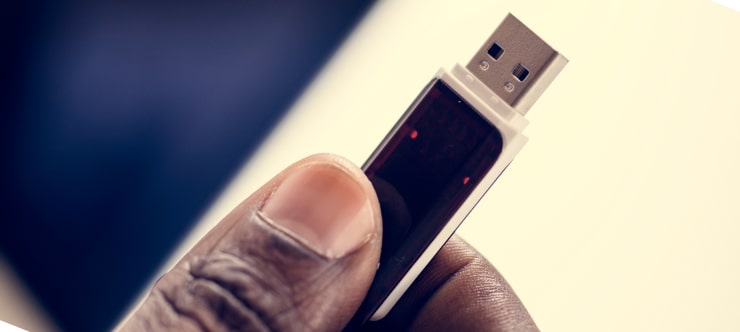
USB Flash Drive Data Recovery
Recover lost data from USB flash drives, regardless of the damage or brand. We offer free in-lab evaluations to assess data recovery needs.
If you’re unsure about which data recovery service to choose, let our team assist you in selecting the appropriate solutions. We understand the anxiety that comes with a sudden drive failure, and we are more prompt in our actions compared to other recovery service providers.



